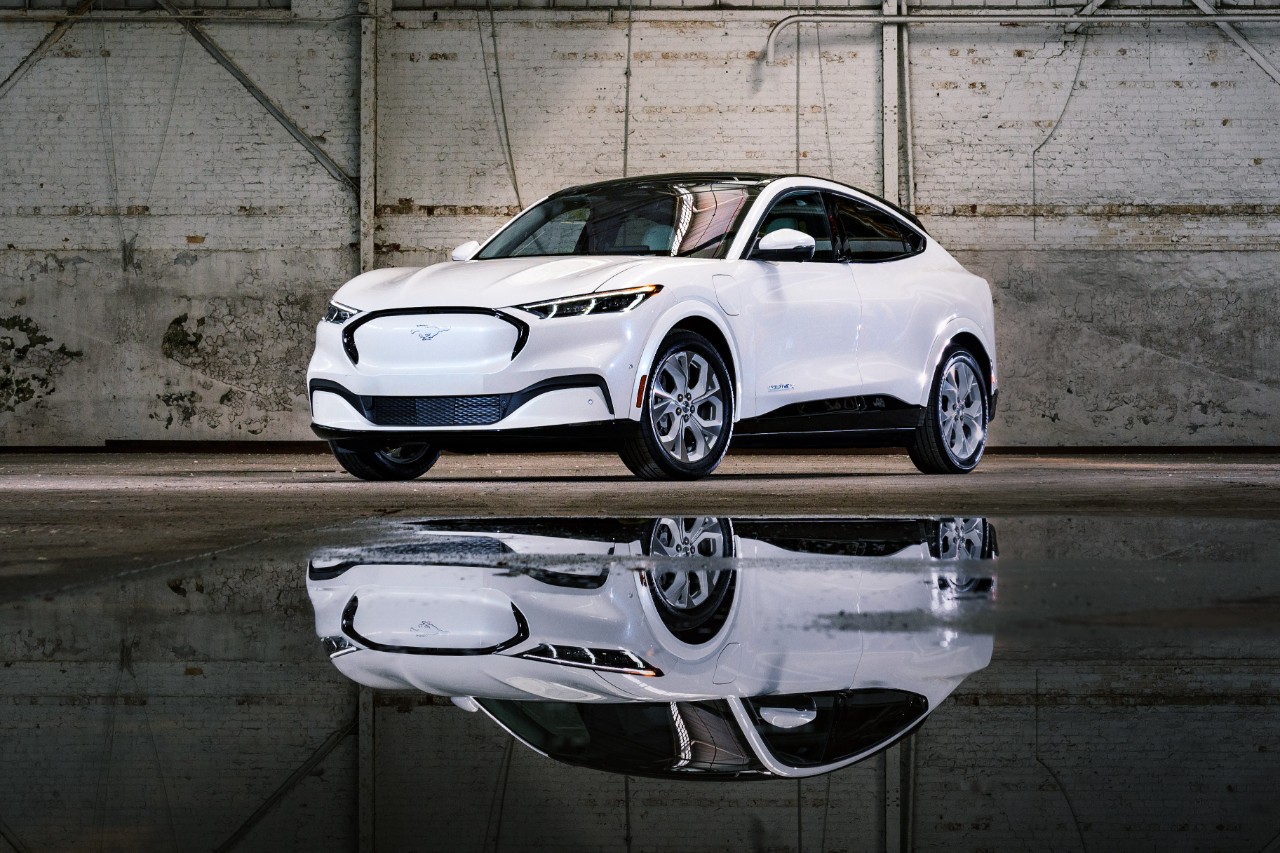Ford Motor Company (F +0.98%) said that its sales in China fell 3% in May, to 87,733 vehicles, as gains for its commercial-vehicle and Lincoln-brand lineups weren't enough to offset year-over-year sales declines for every Ford-brand vehicle in its retail lineup.
Year to date, Ford's sales in China are down 11% from a year ago.
Why are Ford's sales slipping in China?
There appear to be two factors putting pressure on Ford's China sales.
First, aggressively priced vehicles from fast-improving domestic Chinese automakers have been putting heavy pressure on most of the global auto brands, particularly at the lower ends of the market. That pressure has forced Ford, General Motors (GM +1.68%), and other global automakers to make a difficult choice: cut prices (and profit margins) to compete, or lose sales.
Second, key models in Ford's lineup are starting to show their age in China's fast-moving market. Small vehicles are particularly important in China, and Ford's Focus, EcoSport SUV, and Kuga (twin to the U.S.-market Escape) are no longer among the freshest offerings in their segments. Sales of all three are down by double-digit percentages in 2017, while the newer Edge and Taurus (a China-only model that was new last year) have fared better.

The small Ford EcoSport SUV, originally developed for emerging markets, hasn't sold well in China. A revamped version is due later this year. Image source: Ford Motor Company.
Ford has focused on protecting its margins (in China and elsewhere), but the cost of that has been lost sales. Now, Ford may be changing course: In a statement, Ford's Asia Pacific marketing and sales chief, Peter Fleet, said that Ford is now offering "new and exciting promotions for Ford-branded vehicles" in China, including a "realigned Kuga customer offer."
That will probably help somewhat in the near term, but Ford's lineup in China has deeper issues. The EcoSport is a particular problem, a weak offering in a super-important market segment. It's Ford's smallest SUV in a market where small, affordable SUVs are huge sellers, but the EcoSport -- originally designed several years ago as an inexpensive product for emerging markets -- isn't really competitive with rivals.
In particular, GM is eating the EcoSport's (and Ford's) lunch, dinner, and late-night snack right now: GM's small Baojun 510 SUV, from its affordable tailored-to-China Baojun brand, sold over 23,000 units last month. The EcoSport? Just 2,074, down 38% from a year ago. Ford plans to launch a facelifted version of the EcoSport in China later this year, but it may take a full redesign (and perhaps a new name) to make the smallest Ford SUV fully competitive.
Year to date, sales of Ford-brand passenger vehicles in China are down 22% from 2016.
Lincoln, commercial vehicles having more success
Ford's upscale Lincoln brand, on the other hand, has a good story unfolding in China. Lincoln sales were up 73% last month from a year ago to 4,112 vehicles, with good results for all five of the models in its China lineup.

A Lincoln dealership in Shanghai. Image source: Ford Motor Company.
Ford's retail network for Lincoln in China is still small: It had 65 Lincoln dealers in China as of the end of 2016. But the brand is highly regarded, and sales have grown rapidly. Year to date, Lincoln sales have doubled its result in the same period in 2016.
As it does in the U.S. and Europe, Ford also has a strong presence in the commercial-vehicle market in China. Its joint venture with Chinese automaker Jiangling Motors Corporation, or JMC, produces Ford's Transit and Tourneo vans, along with Ford's Everest SUV and other vehicles under the JMC brand. (Ford's Tourneo models are the passenger-vehicle siblings of the Transit commercial vans.)
JMC's sales were up 15% last month, on strong results for the Tourneo line and JMC Yusheng, a midsize SUV that is mechanically related to Ford's Ranger pickup.
What's next for Ford in China
Ford's profit in China has already taken a hit. Ford's joint ventures in China generated $274 million in equity income in the first quarter, down 38% from the first quarter of 2016. With two-thirds of the second quarter now in the books, it looks like Ford is beginning to address its problems. But its profits may lag for a while longer as it works to freshen its model lineup.







